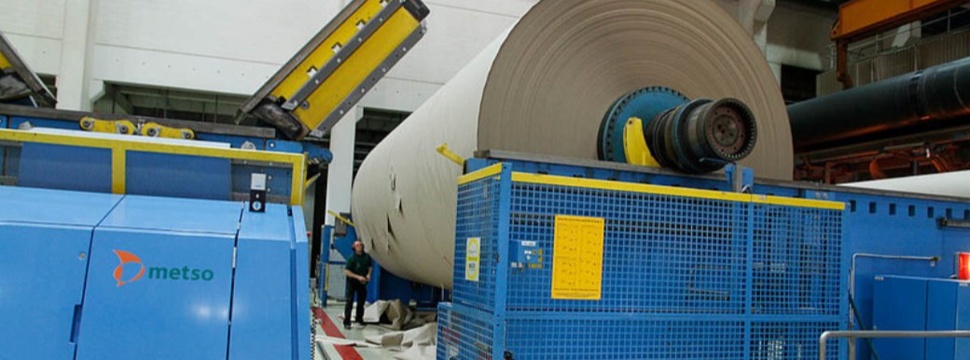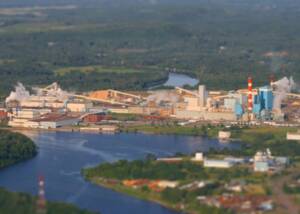The paper industry can be climate-neutral - but the conditions must be right!
News General news
Association presents climate study with strategies for transformation. Prerequisites: green electricity, hydrogen and bridge electricity price to maintain international competitiveness. Factories prepare for conversion.

With the right political course set, climate-neutral paper production is feasible. This is the conclusion of a comprehensive climate study by the paper industry association DIE PAPIERINDUSTRIE, which outlines various strategies for a transformation of the industry. The key to transformation lies in the sufficient availability of renewable energies at competitive prices, says the 50-page study.
The annual energy consumption of German paper production is around 60 TWh and is associated with around 12 million tonnes of fossil CO2 emissions. This energy is needed to provide steam, electricity and gaseous fuels for the production process, around the clock. However, fossil-free solutions are needed for the transformation to a climate-neutral paper industry. Fossil fuels must be replaced by a mix of wind power or photovoltaics, green gases such as hydrogen and sustainable solid fuels such as fibre residues.
The study calculates various scenarios and points out that many of the industry's own power plants are already technically prepared for the use of hydrogen mixtures and that the industry has worked successfully on reducing its energy consumption. The cross-sectoral transformation contribution that the paper industry makes, for example as an energy supplier for public electricity and district heating networks, is also addressed.
Winfried Schaur, President of DIE PAPIERINDUSTRIE, states: "Our climate study shows that the paper industry can be climate neutral. However, until the German government's expansion targets for renewable energies are achieved, the industry is dependent on a reduced electricity price in order to survive in international competition and make the transformation costs predictable."










